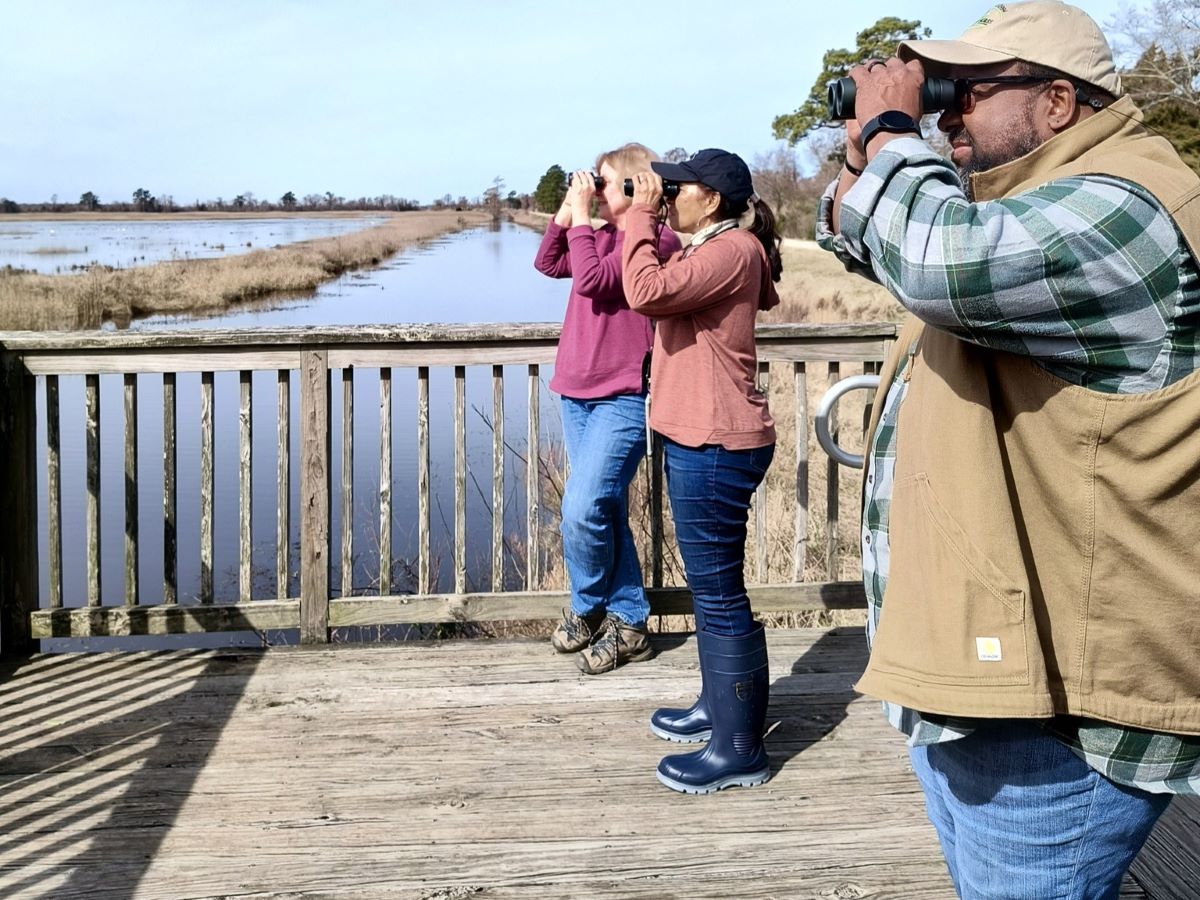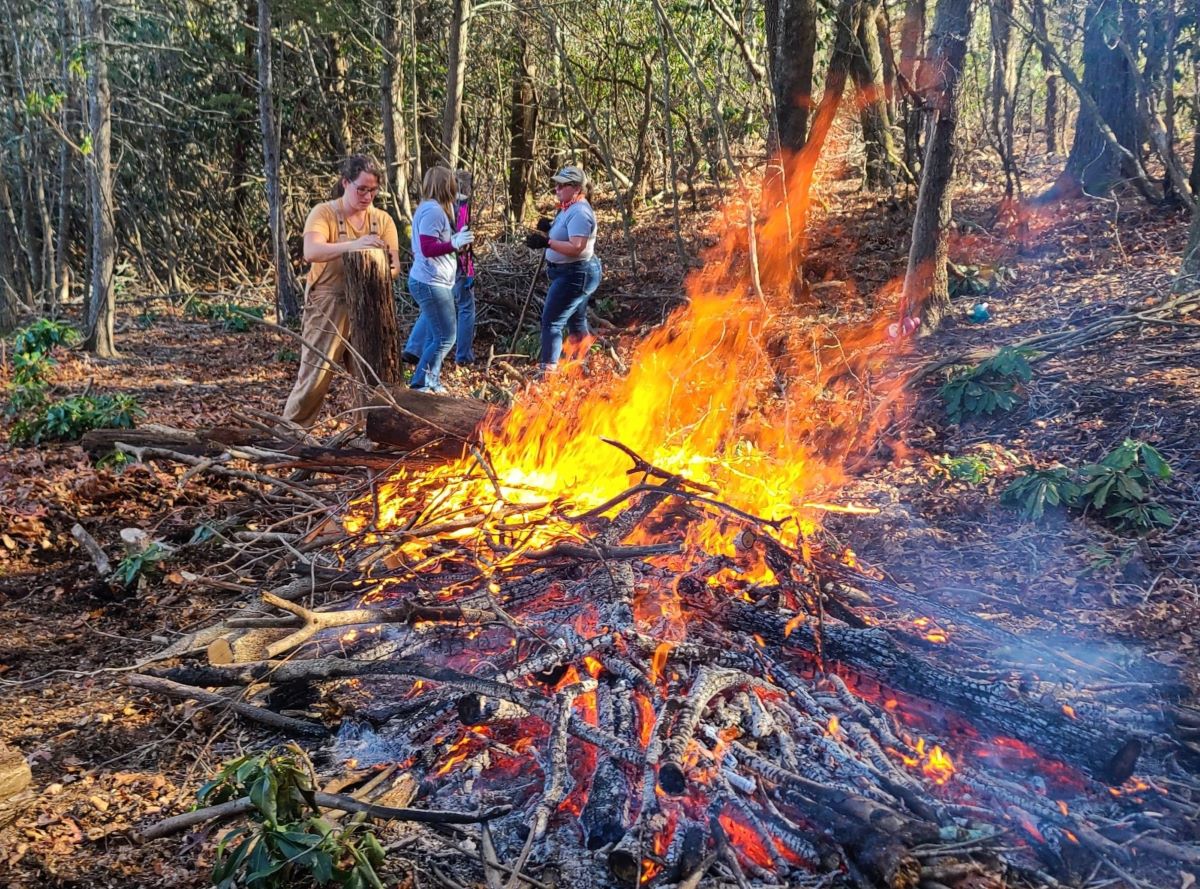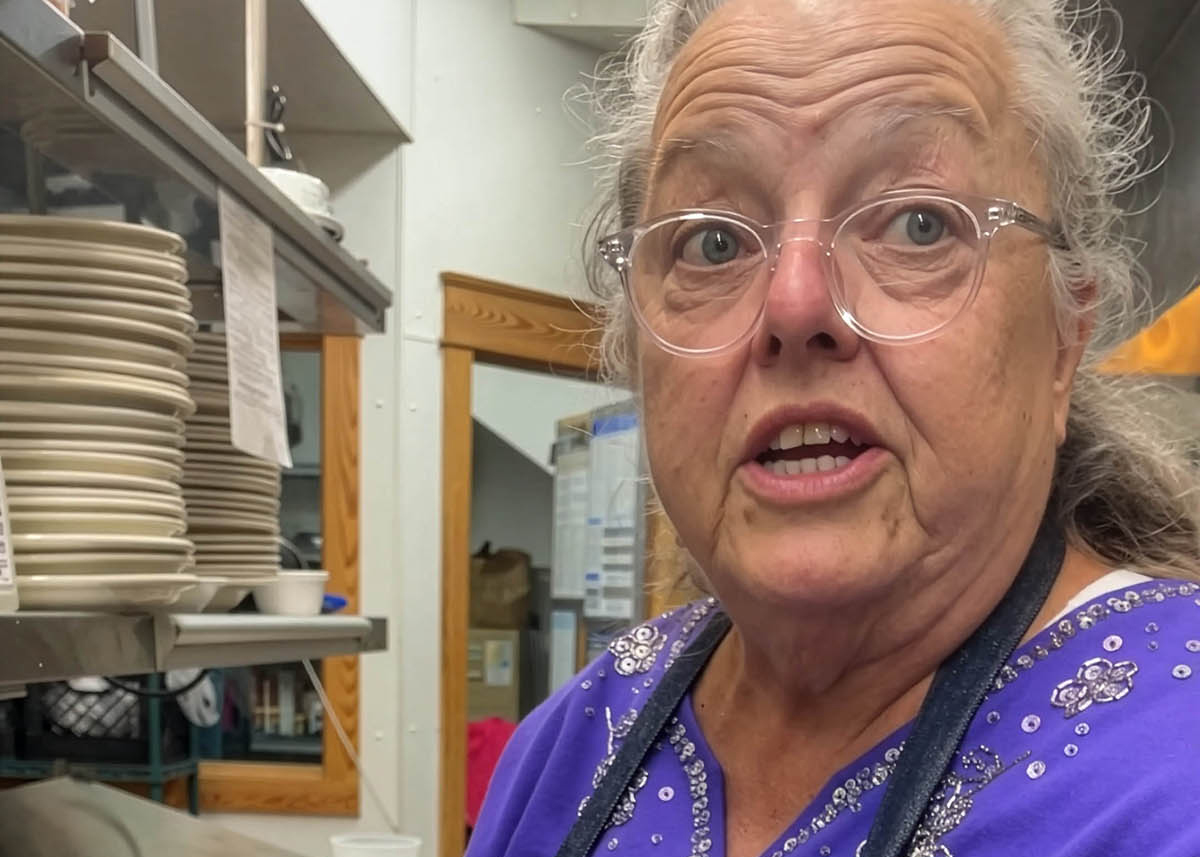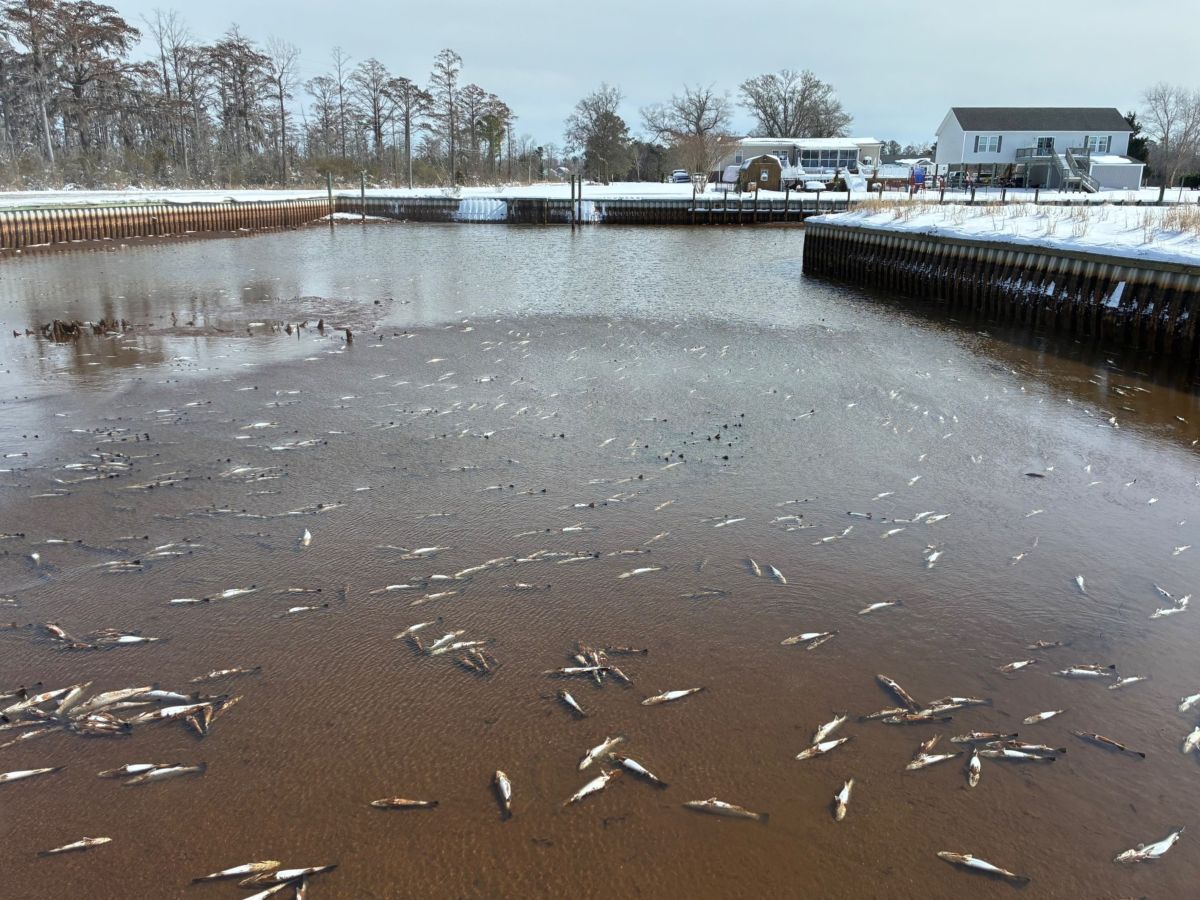
A team of natural resource professionals and private landowners have been working over the last few years to empower women in forest conservation and stewardship in North Carolina.
The organization, ForestHer NC, was established in January 2019 to offer programming statewide for “marginalized genders including women-identifying individuals, non-binary and gender non-conforming people, and those who are comfortable in a space that centers the experiences of women forest stewards,” according to the website.
Supporter Spotlight
Next for the organization are songbird identification workshops in each region.
The workshop on the coast is from 9 to 11 a.m. Friday, May 10, at Moores Creek National Battlefield in Currie, which is part of the North Carolina Birding Trail. Workshops are also planned for May 3 at Eno River State Park, and May 17 at Oak Hills Community Park in Morganton. Registration for all songbird programs is at foresthernc.org.
Dakota Wagner, past chair of ForestHer NC, told Coastal Review that the organization offers programming on forest stewardship in an inclusive and supportive environment.
The workshop in Pender County is an opportunity to “learn about songbirds of the coastal region and how to best manage your woods for them, while getting to know other landowners and professionals from the region. And hopefully, the weatherman will give us a beautiful day to be walking in the woods,” Wagner added.
Past workshops for ForestHer NC include one earlier this year at Lake Mattamuskeet on waterfowl, wood-pile burning in the Blue Ridge, and a “Learn and Burn” with the North Carolina Sandhills Prescribed Burn Association on a private farm in the area.
Supporter Spotlight
Wagner, whose full-time job is southeast program manager for the nonprofit Forest Stewards Guild, said the mission is “to support, educate, and empower a community of women landowners and natural resources professionals to engage in forest conservation and stewardship” in the state. “We do this primarily through hosting educational workshops and webinars and fostering community.”
The program is run by volunteers with an executive board and several committees such as the workshop planning committee and communications committee. “We always welcome new voices to our committees and executive board.”
Anyone can join, Wagner added, “all you need to do is sign up and show up, ready to learn.”
While this organization is geared toward women landowners in the state, the programming is offered to “all marginalized genders including women-identifying individuals, non-binary and gender non-conforming people, and those who are comfortable in a space that centers the experiences of women forest stewards,” Wagner explained. “I particularly love it when families show up to workshops together – we’ve had several mother and daughter duos and it’s always inspiring to see.”

The workshop planning committee is responsible for a lot of the workshops and webinar planning, Wagner said. They take feedback from the end-of-year surveys and craft a plan for the following year based on responses.
“For example, in last year’s survey we heard that many of our ‘ForestHers’ are interested in wildlife management, which prompted the development of this year’s spring workshop series focused on songbird identification and forestry for birds,” Wagner said.
North Carolina Wildlife Resources Commission Extension Wildlife Biologist Falyn Owens and serves on the group’s workshop planning committee, said Moores Creek was chosen on the advice of Audubon NC, a co-host of the workshop, “as a good place to see a good variety of songbirds and their habitats in Coastal NC, while also being accessible for participants.” The site has facilities and a picnic area.
Owens said participants can get a look at the possible birds they’ll see during the walk at eBird.
ForestHer NC works with several conservation groups and agencies, including The Nature Conservancy, which is a partner for the May 10 workshop.
“Through those partnerships we receive funding to host workshops on specific topics. Last year, we hosted a controlled burn workshop with the Sandhills Prescribed Burn Association that was a huge success,” Wagner said.
The conservancy in North Carolina’s Southern Coastal Plain Program Director Deb Maurer said the nonprofit works on a variety of conservation initiatives in the state “through means of protection, habitat restoration, restoring wetlands and peatlands, working on waters and rivers to improve water quality and reduce flooding.”
To reach these goals, the conservancy works with partners like ForestHer NC.
“I think what we realized is that nobody can achieve landscape goals in isolation, right? There’s just too much work to be done and too many strategies that need to be implemented, to really achieve big, broad conservation goals,” Maurer said.
These partnerships bring together dozens and dozens of people from the federal and state level, universities, nonprofits and conservation groups “to the table to talk about what are conservation priorities in that region in that area? And how do we bring our strengths to the table to accomplish those things?”
Maurer said the conservancy offered support through two recent grants from the National Fish and Wildlife Foundation for the songbird identification workshop as a way to get more information out to a diverse landowner audience on better land management and ecological topics such as knowing the songbirds on your land.
Events like the Learn and Burn with the Sandhills Prescribed Burn Association helps the conservancy “expand our reach on better land management in the longleaf ecosystem here in southeast North Carolina,” Maurer said.
Through better land management by private landowners, Maurer said the conservancy is closer to reaching its “vision of a connected, healthy, resilient, longleaf landscape,” Maurer said. “Because we can’t protect it all right? We need to be able to work with private landowners and partners that work with private landowners” because the conservancy can’t always work directly with private landowners.
“By supporting ForestHer, we’re supporting better management on private lands,” Maurer said, adding that’s one way to achieve these ecological and longleaf ecosystem goals.
And, the conservancy is “strongly committed to making sure that we are reaching out to underserved communities,” and those who are traditionally excluded in outreach for education on prescribed burning, for example, and that includes women, people of color and individuals with diverse gender identity,” Maurer added.
Groups like ForestHer are really working not only on outreach and education, “but really trying to reach audiences that hadn’t been reached in the past. They’re a wonderful partner to have to help us achieve our goals,” Maurer said. “Working with conservation partnerships, we can use everybody’s strengths to achieve what we want to achieve. It’s pretty a wonderful way of working.”







